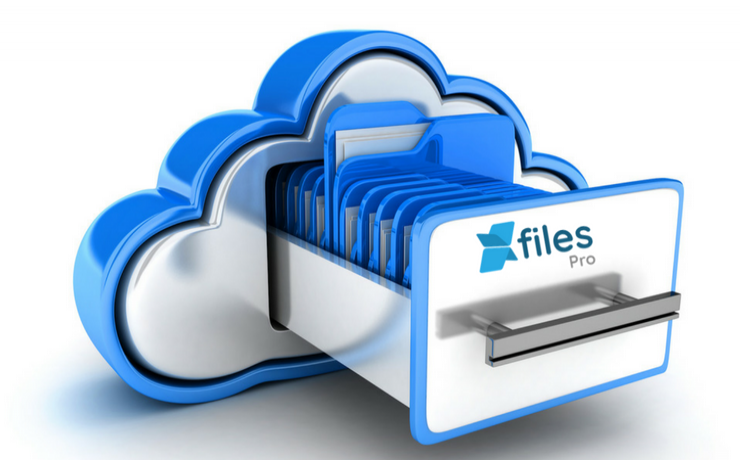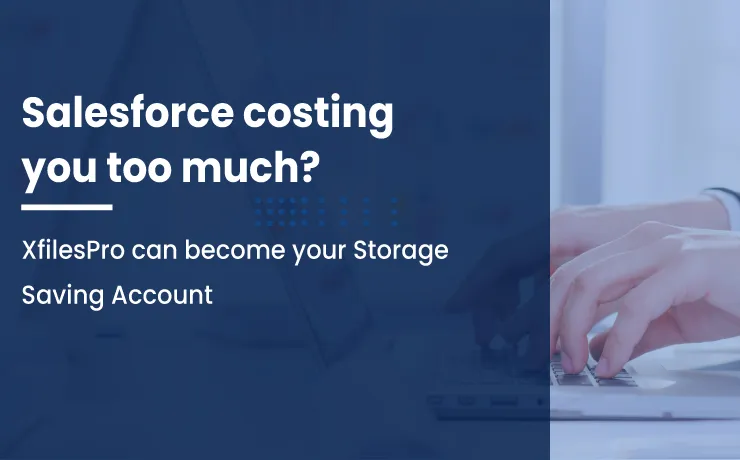In order to boost business productivity, most enterprises choose to implement a customer relation management (CRM) solution so as to automate critical business processes. But when it comes to selecting the right CRM platform for your business, it can prove to be quite a daunting task and is often the most difficult decision an owner […]
Get Pro with XfilesPro
With XfilesPro, build an end-to-end file management strategy in Salesforce including storage management, automated file archive, seamless file collaboration, organized folder structure & much more to tap maximized ROI. Get the app from AppExchange to start a 15-day free trial.

